12 Best Alcohol and Drug Rehabs in Tulsa, OK 2025
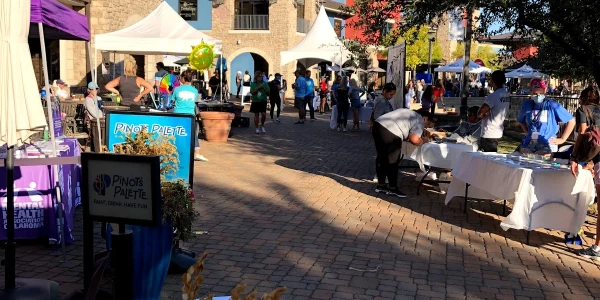



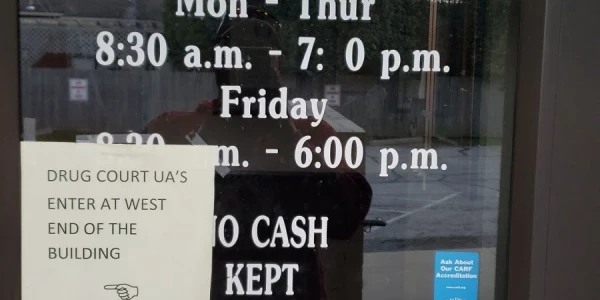
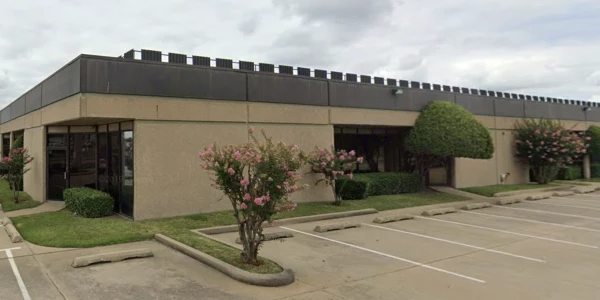
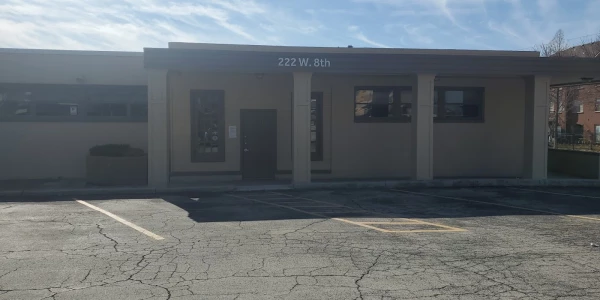

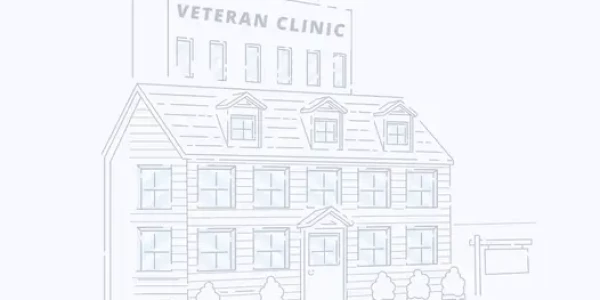
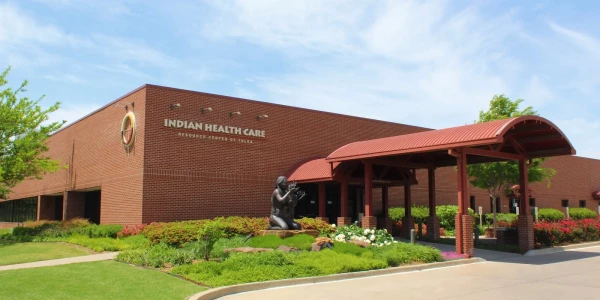
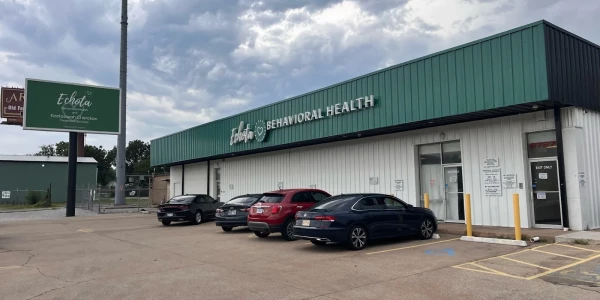

Trusted Expert-Verified Treatment Reviews
Our board-certified addiction specialists evaluate every center using 5 clinical criteria most sites ignore.
✓ Clinically reviewed by addiction medicine specialists
Board-certified doctors validate every rating and recommendation.
✓ No Hidden costs and insurance surprises
We expose true out-of-pocket expenses before you commit.
✓ Real patient outcome tracking
Success rates and recovery metrics, not just marketing claims.
✓ 100% editorially independent with no provider
Affiliations Your needs, not outside interests, drive every recommendation.
🏆 Helped more than 50,000 families find treatment
Proven track record of successful treatment placements.


